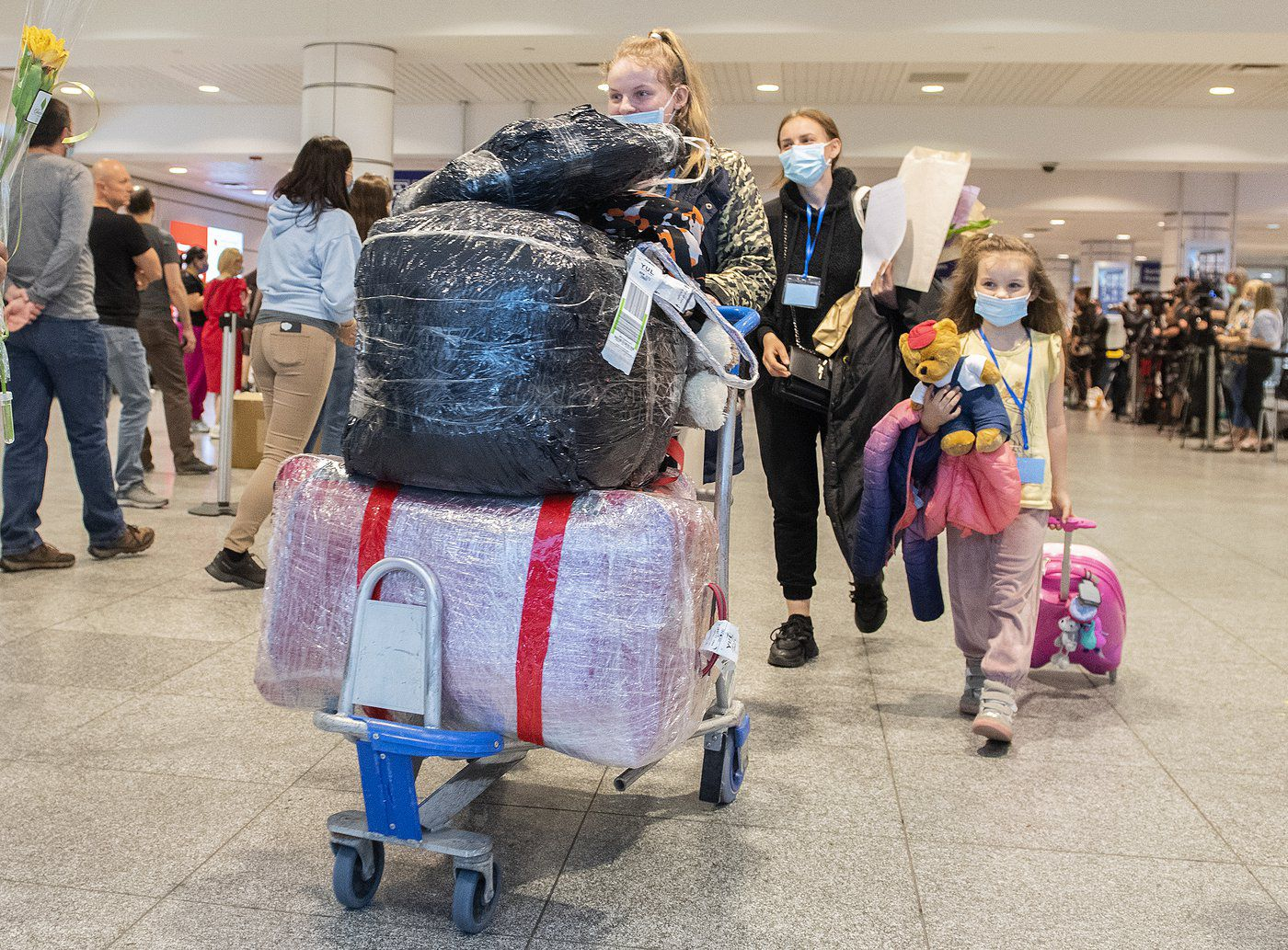Ukrainians who have fled to Canada due to the Russian invasion of their home country will begin receiving financial support from the federal government in the next five days, Immigration Minister Sean Fraser said Thursday.
Prime Minister Justin Trudeau announced in early April that Ottawa planned to offer money to newly arrived Ukrainians to help them settle in Canada.
The Ukrainian Canadian Congress has criticized the government for not acting on those promises sooner, as thousands of Ukrainians — some without a previously arranged place to stay or much money — have already arrived in the country.
The one-time payment of $3,000 per adult and $1,500 per child will be available to Ukrainians and their family members who arrived under an emergency program that allows them to live, work and study in Canada for up to three years.
The government approved 120,668 applications under the emergency program as of May 25 and more than 35,000 Ukrainians arrived in Canada between Jan. 1 and May 22.
Applications for the financial assistance opened Thursday and payments are expected to be deposited directly in newcomers' bank accounts within five days of applying.
"This one-time financial assistance will be crucial in addressing the immediate challenges faced by Ukrainians who have left so much behind to find a safe haven in Canada," Fraser said in a statement Thursday.
The applications opened just in time for the last of three federal government charter flights from Poland to arrive in Canada, carrying hundreds of Ukrainians who had fled the conflict at home.
Ukrainians who arrived on those flights were offered temporary hotel accommodations for up to 14 days if they did not have somewhere suitable to go once they landed in Canada.
In a statement, the minister's office said the Immigration Department is looking to extend that offer to all Ukrainians who arrive under the emergency program in key cities across Canada.
This report by The Canadian Press was first published June 2, 2022.




Comments